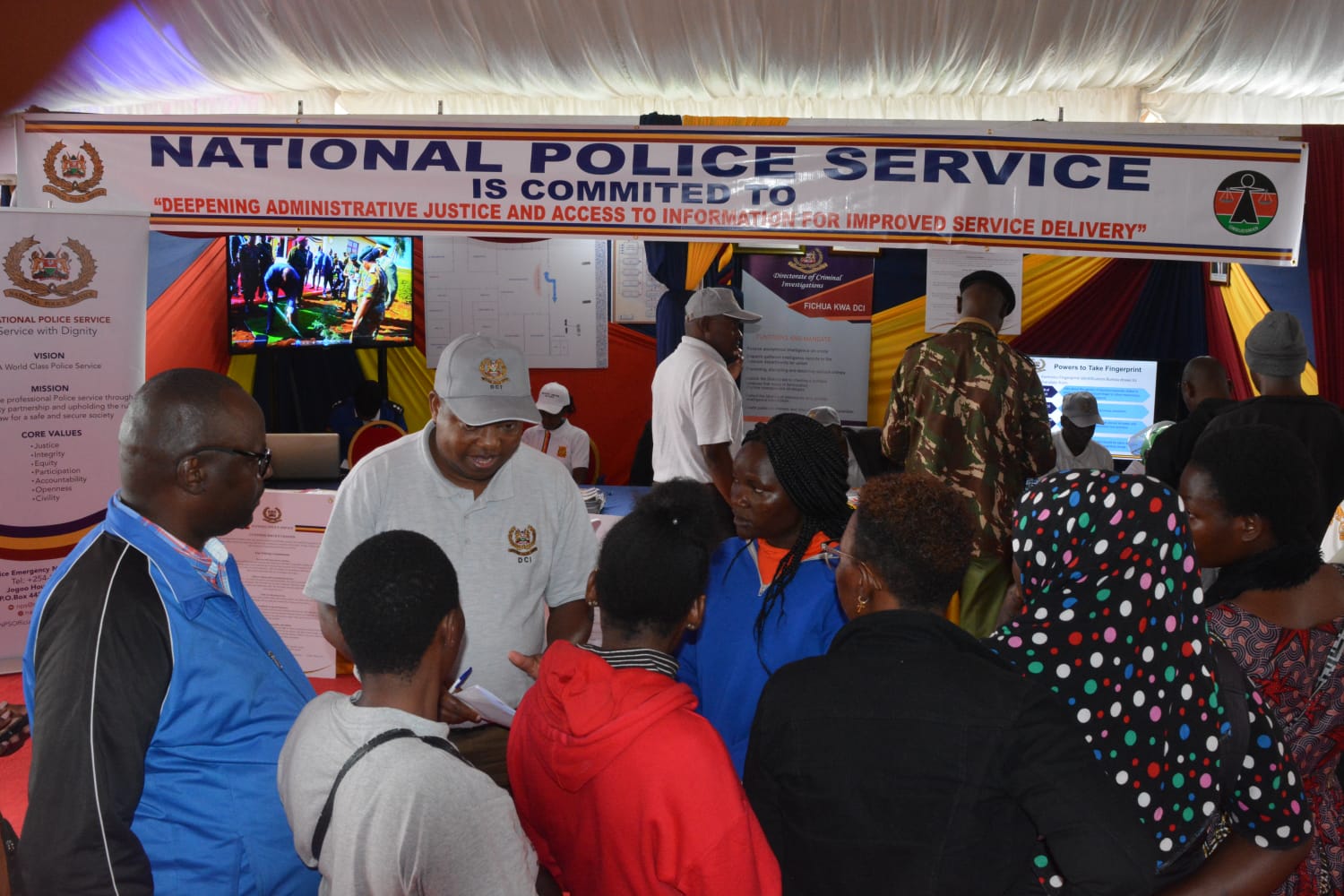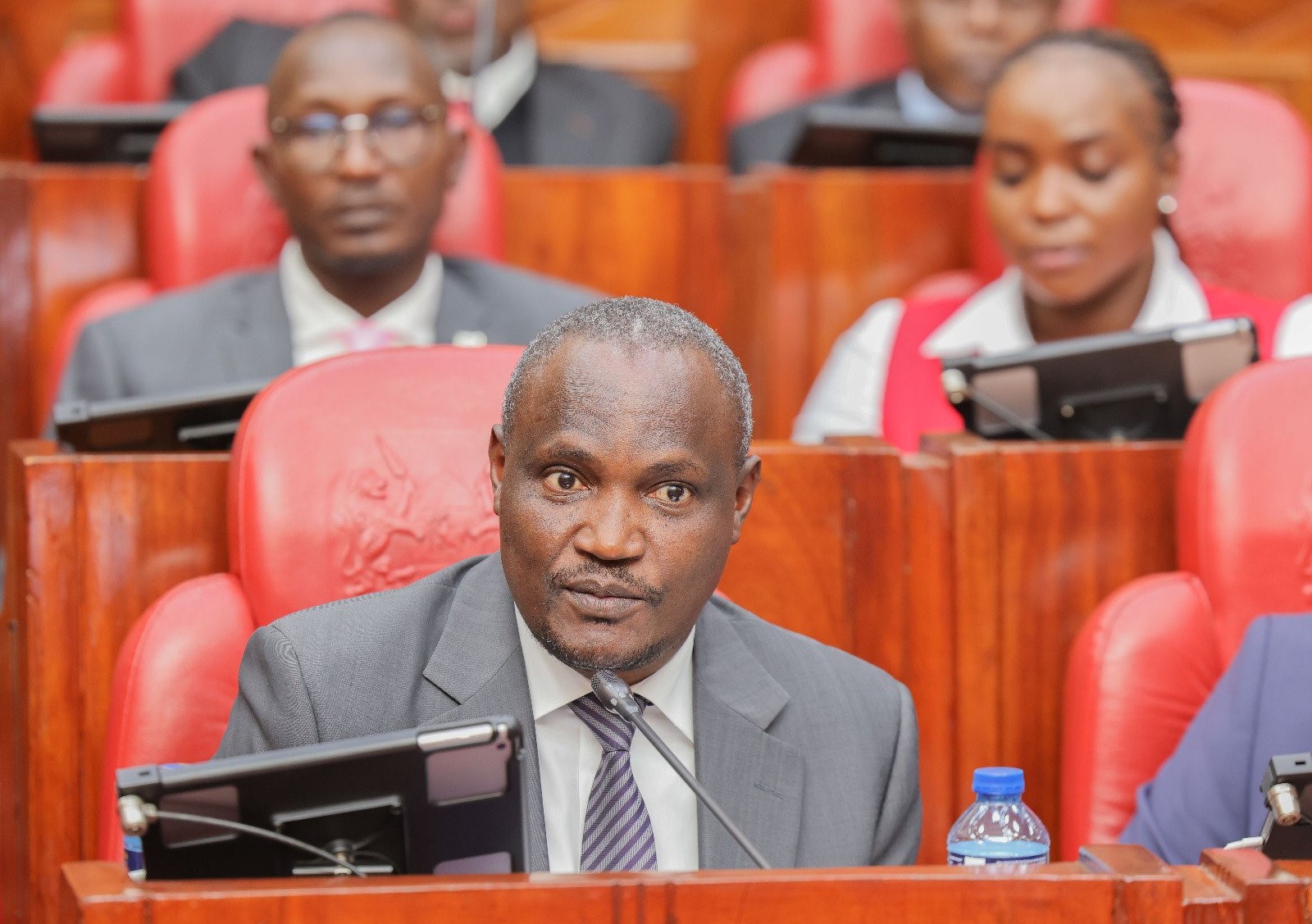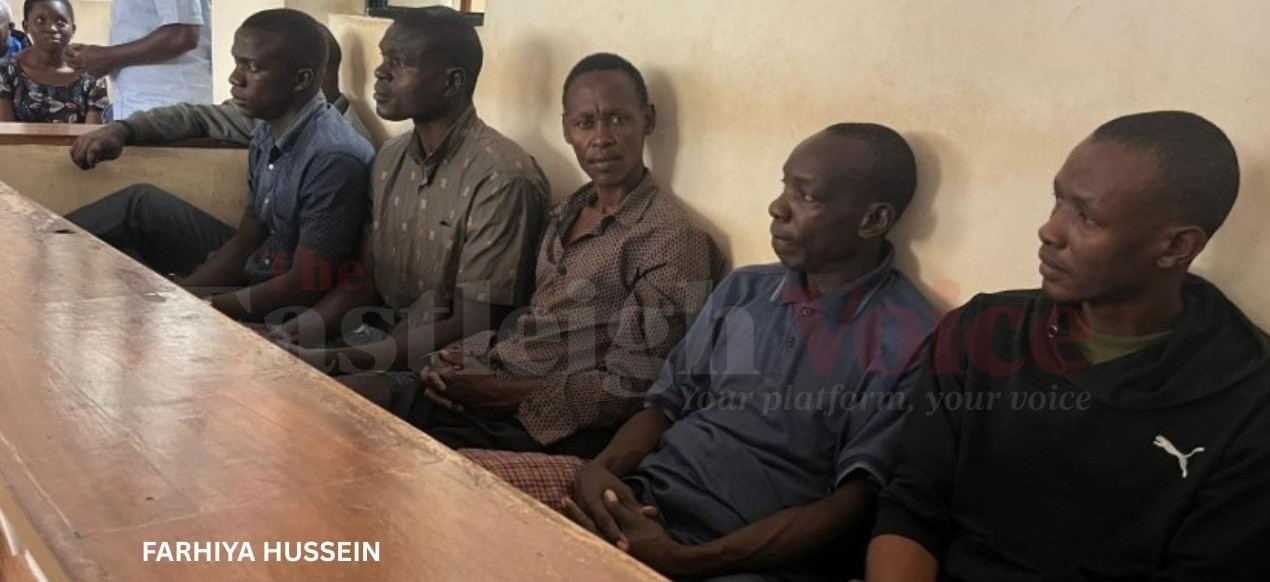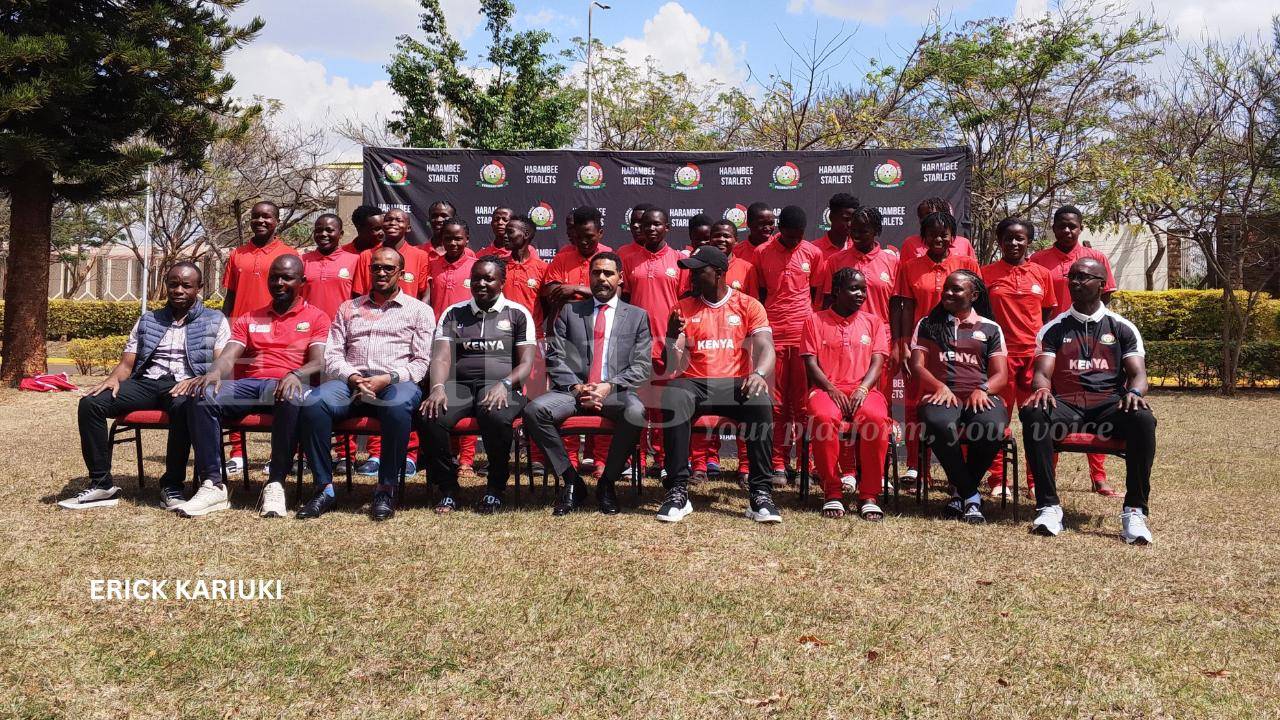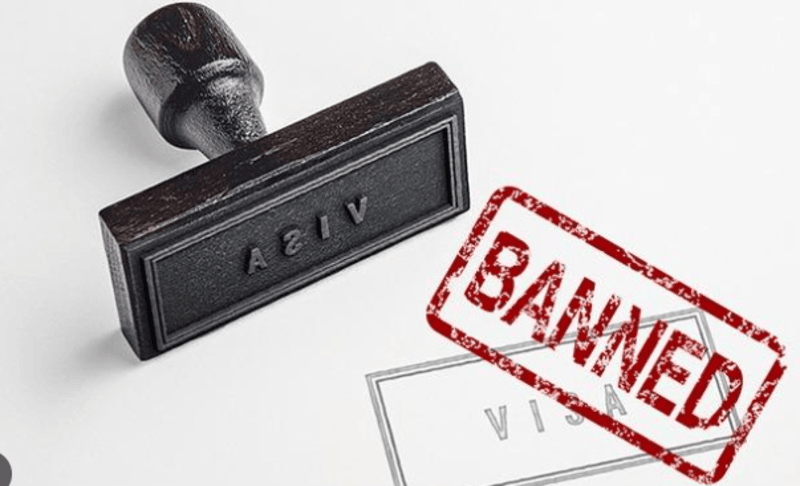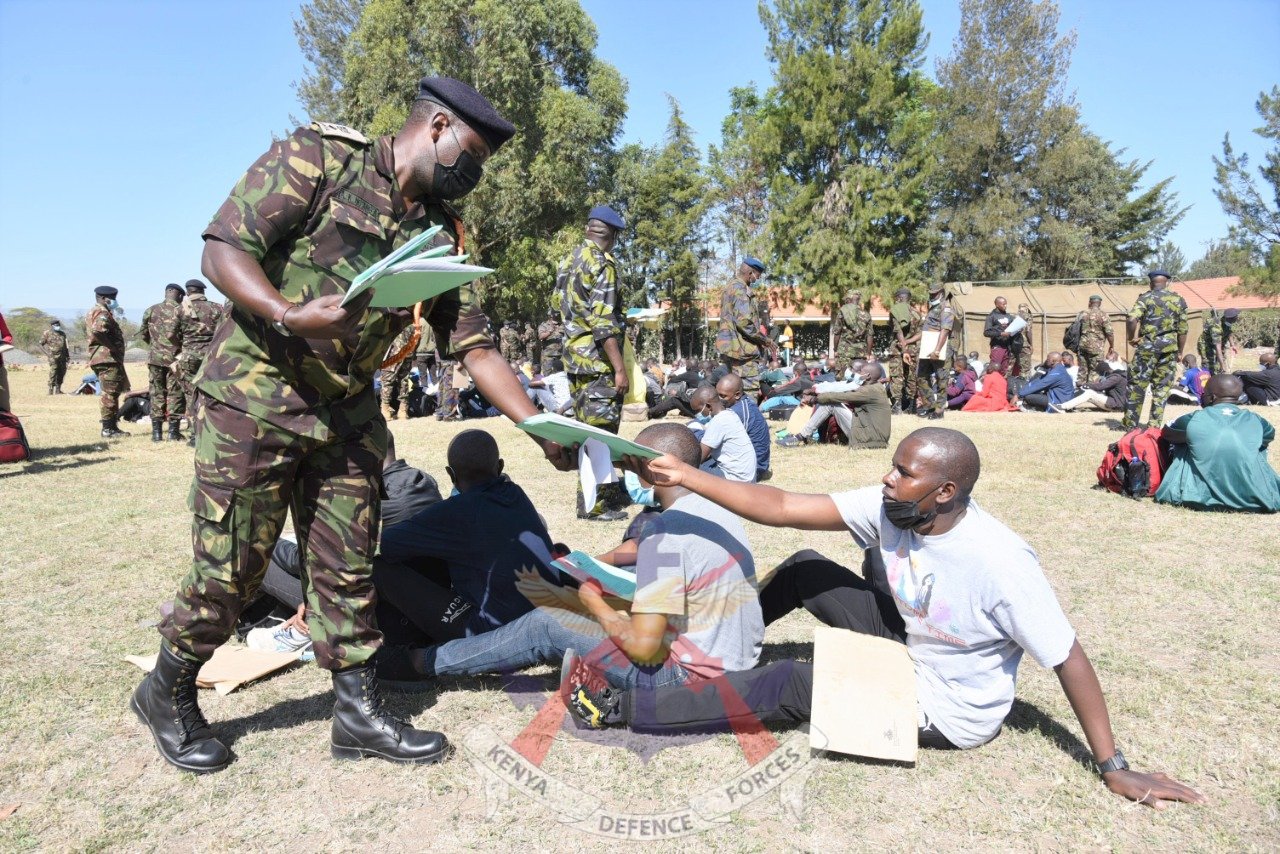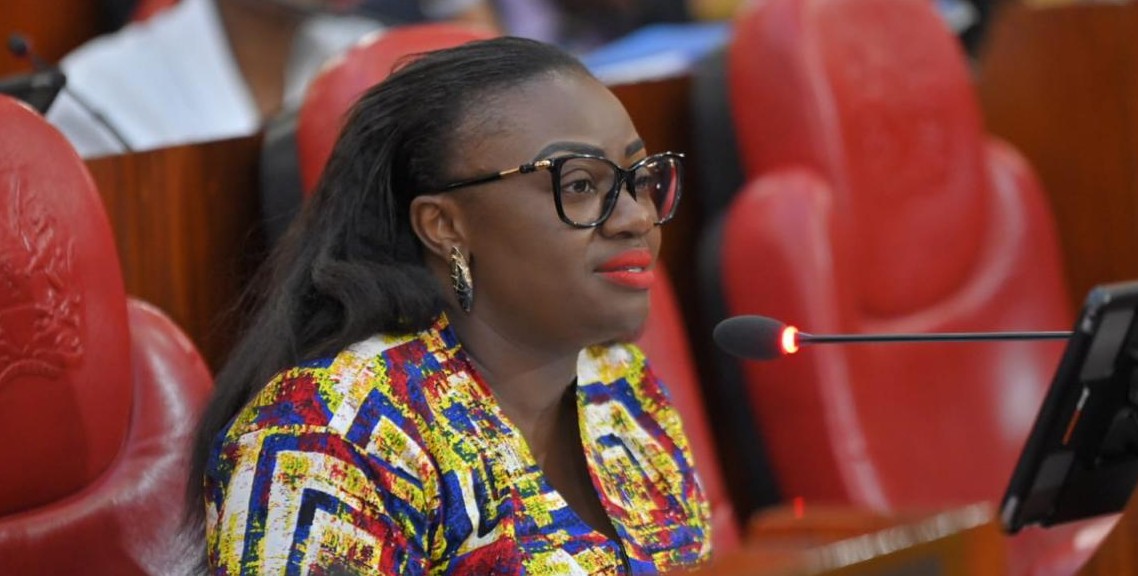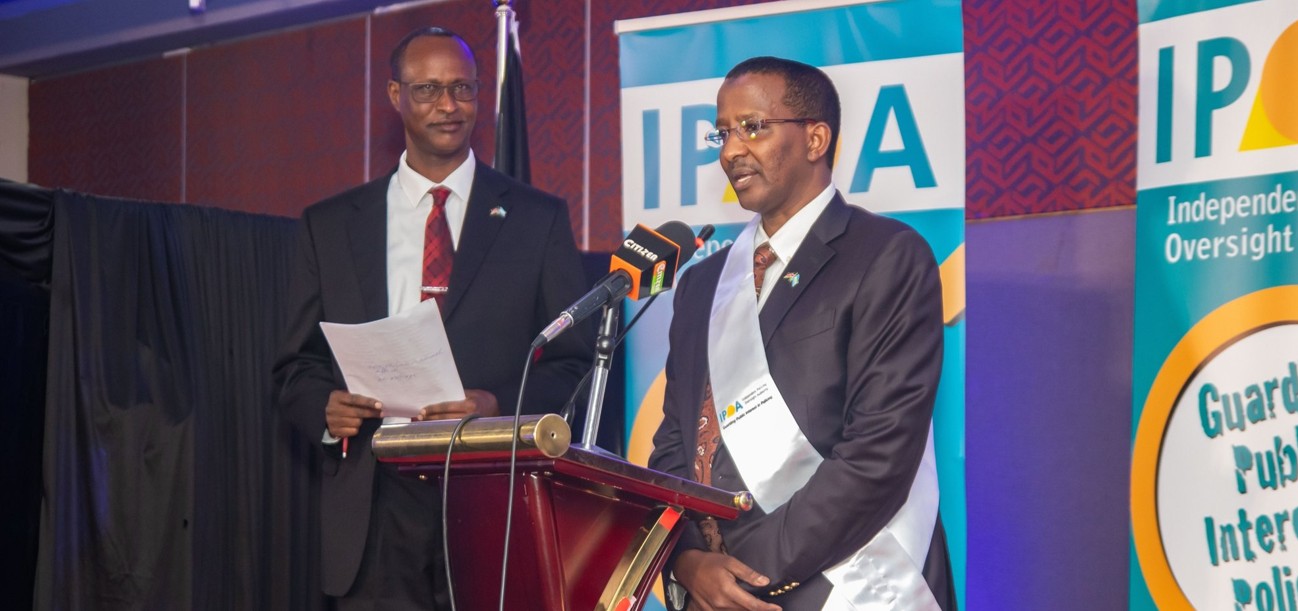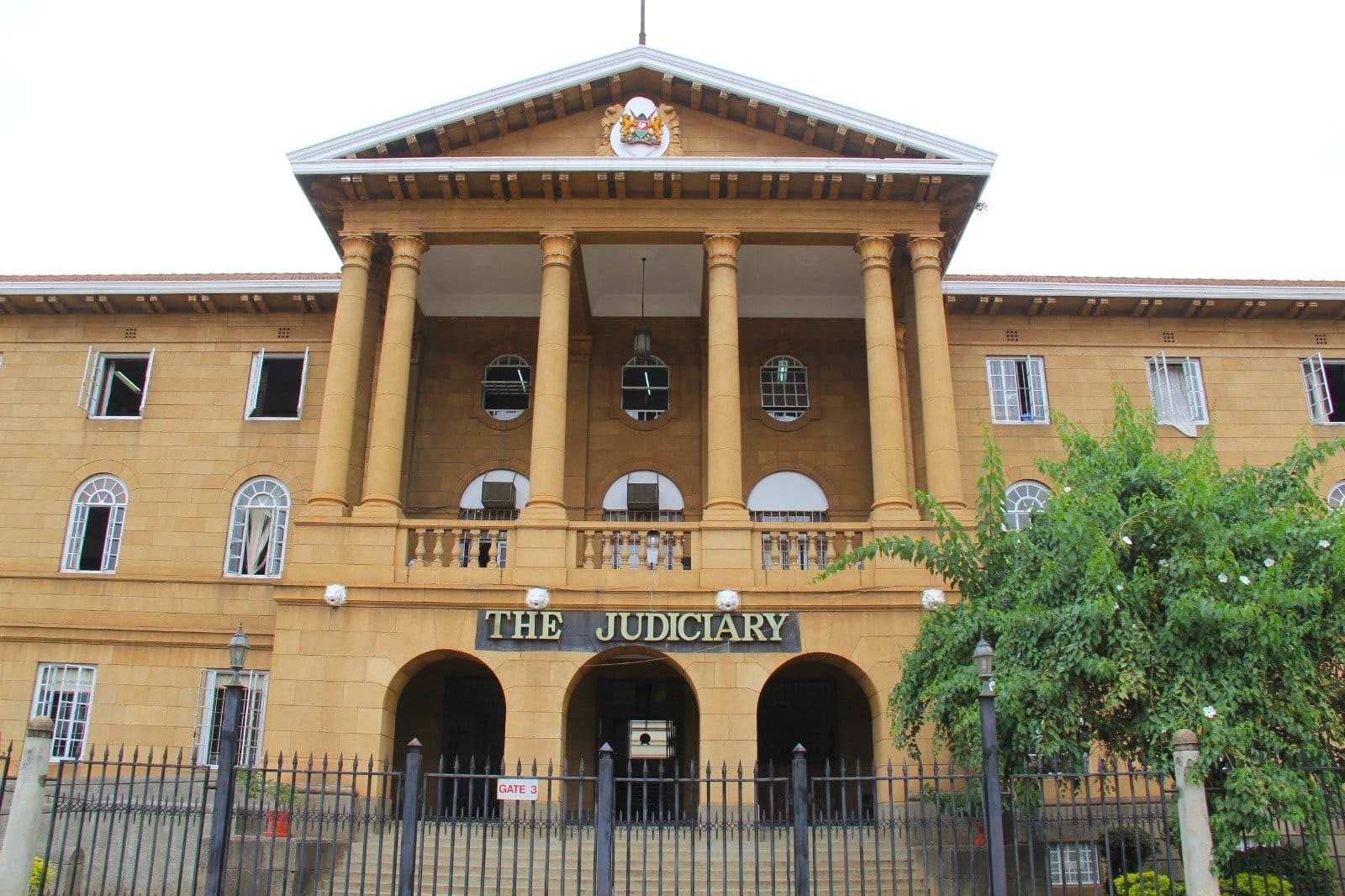High Court extends order blocking EACC, ODPP from arresting Kiambu Governor Wamatangi
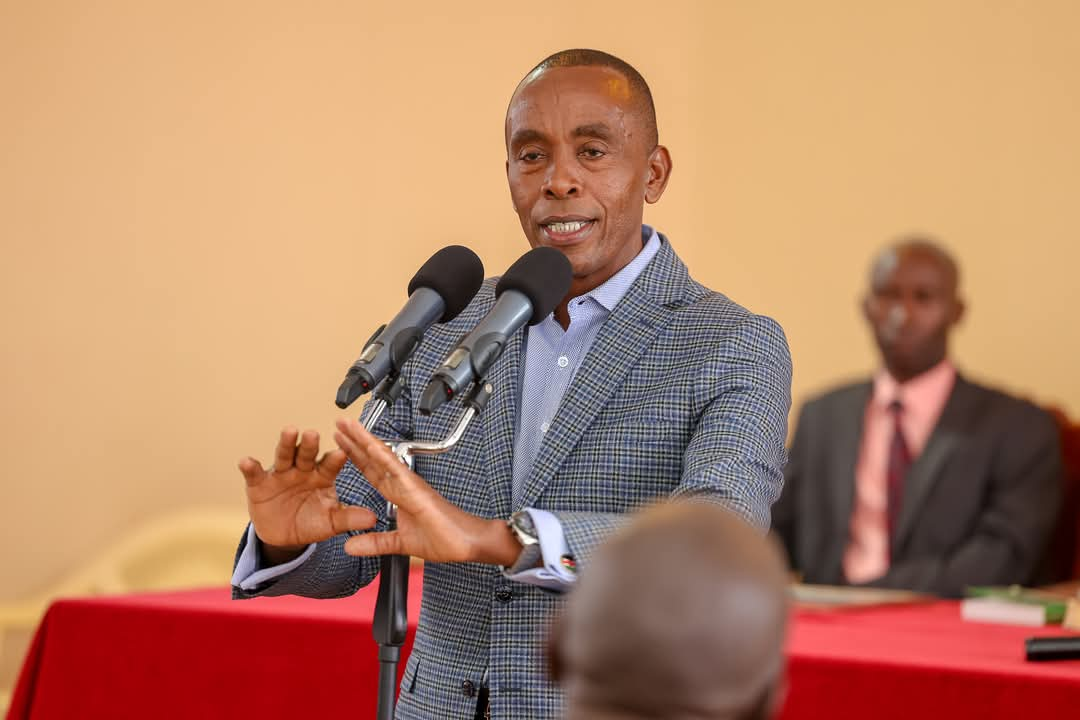
The ruling allows Wamatangi to continue performing his duties without the immediate threat of arrest or charges as investigations into alleged corruption within his administration proceed.
Kiambu Governor Kimani Wamatangi has secured a reprieve after the High Court extended interim orders barring the Ethics and Anti-Corruption Commission (EACC) and the Director of Public Prosecutions (DPP) from arresting or prosecuting him over graft allegations until October 8, 2025.
The ruling allows Wamatangi to continue performing his duties without the immediate threat of arrest or charges as investigations into alleged corruption within his administration proceed.
More To Read
- EACC, ODPP barred from arresting, prosecuting Kiambu Governor Wamatangi
- Court declines to stop DCI, EACC from investigating Governor Wamatangi over alleged corruption
- Kiambu MCAs approve Thika's elevation to city status, report heads to Senate
- Tatu City owners accuse Kiambu governors of land grabs in exchange for permits — AFP report
- Voter moves to court seeking to stop police from arresting Kiambu Governor Wamatangi
- Governor Wamatangi says EACC raid was politically motivated, claims senior officer vowed to ‘make him dirty’
The court directed him to submit written arguments within seven days, while the respondents were given 14 days to file their submissions. A final ruling on whether to lift the orders or allow prosecution is set for October 8.
This latest court decision follows a conservatory order issued on July 24, 2025, by Justice Chacha Mwita. The July ruling barred the EACC and DPP from arresting or charging Governor Wamatangi while his petition was pending.
Mwita extended the order, directing the two agencies to take no action against the governor until the court rules on the petition filed under a certificate of urgency by his legal team.
“A conservatory order is hereby issued restraining respondents from arresting and charging the petitioner based on the investigations undertaken in this matter until September 18, 2025,” the judge ruled.
In his ruling, Justice Mwita noted that while parts of the investigation were conducted under valid court orders, the ODPP had not yet decided on whether to prosecute. He made it clear that the court would not interfere with investigations unless there was evidence that the mandate was being exceeded.
“The court will not interfere with investigations unless it is shown that the process has exceeded its legal bounds,” he said. The judge also cautioned against any violation of Governor Wamatangi’s constitutional rights, including his right to privacy and human dignity, during the probe.
The case stems from an EACC raid conducted on April 15, 2025, at Wamatangi’s home and offices as part of a probe into alleged embezzlement of public funds and conflicts of interest within the Kiambu County government. Nine senior county officials were also arrested and their premises searched.
Wamatangi had moved to court seeking to block his arrest and prosecution.
It is alleged that the EACC is investigating the procurement of ERP system tenders allegedly awarded to companies associated with him by three road agencies – Kenya National Highways Authority (KeNHA), Kenya Urban Roads Authority (KURA) and Kenya Rural Roads Authority (KeRRA).
He had sought orders to block any summons, arrest or charges against him over the said tenders.
“This Court be pleased to stay any ongoing investigations by the EACC or Inspector General touching on him pending the hearing and determination of the petition,” pleaded Wamatangi.
He also asked the court to quash the investigations commenced by the EACC regarding the tenders awarded to the said companies.
In his petition, Governor Wamatangi argued that the EACC had violated Article 3 of the Constitution by failing to observe explicit provisions on how he should be treated.
“That this Court be pleased to declare that any acts done in contravention of the Constitution, and any consequential legislation deriving legitimacy from the Constitution, offend the supremacy of the Constitution and are thus invalid,” Wamatangi urged.
Top Stories Today
